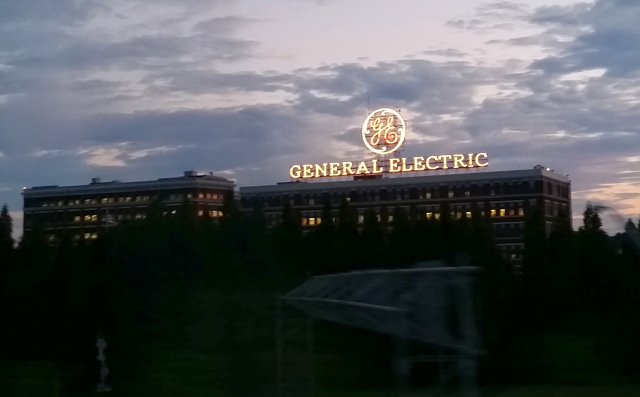I had an idyllic childhood. Not perfect, but as close to that as anyone I know. And one of the best parts, I now realize, was growing up with engineers.
Schenectady, New York, where I spent the first 15 years of my life, was the home of the General Electric Company. As it did the skyline, GE dominated our lives, night and day. My father was an engineer, as was his father, and his father's father, and he worked in GE's General Engineering Laboratory. My parents met there, where my mother, a mathematician, also worked. Many of our closest friends were engineers or employed in related fields. Schenectady in those days was a hotbed of science-and-engineering-types, and as far as I could tell, everyone I knew was smart. Smart was normal, and not just among the scientific folks. I suspect that living in Schenectady in its heyday resembled what I imagine living in Silicon Valley or the Seattle area is today.
I'm not talking about genius-level, though there were certainly some of those, but rather down-to-earth people with practical experience and skills, who also read a lot and loved to have discussions about ideas and on just about any subject.
Not that I appreciated it at the time as I should have; I took it for granted. But my recent "archivist" work with my father's journals and other writings has made me realize what a blessing it was to grow up in such a community. They even had their own way of speaking: their conversations were filled with jokes and wordplay, exaggerated and understated language, and what I realize now was an advanced everyday vocabulary. It wasn't until I had had much more experience outside of our parochial bubble that I realized that there are many people who find what I consider a normal vocabulary to be a sign of arrogance, who take the exaggerated/understated language literally, to the point of misunderstanding or even offense, and who either don't understand or don't appreciate the humor.
It takes all sorts and conditions of men to make a world, many of them wonderful. If you understood the "sorts and conditions of men" reference, you are part of a different distinct community, one I did not come to recognize and love until some 30 years ago. Appreciating other cultures and especially loving one's own are not mutually exclusive conditions.
What chiefly concerns me is that we seem to have entered an age when differences are being replaced by diagnoses. The other day, a new friend was telling me about her son, who in high school was triply exceptional: He excelled in academics, in music, and in sports. It's not uncommon to see people who do very well in two of those areas, but three is a rarity. At one point, he was moved to express the concern that he might be "on the spectrum." What social pressures drive an obviously intelligent, capable, and well-rounded child to label himself with a diagnosis? Why do teachers and doctors (and even parents) put so much effort into finding boxes into which they can squeeze children?
As I told my friend, in my day, in my world, we used another term to describe being "on the spectrum."
We called it normal.
Permalink | Read 252 times
Category Children & Family Issues: [first] [previous] [next] [newest] Random Musings: [first] [previous] [next] [newest] Everyday Life: [first] [previous] [next] [newest] Glimpses of the Past: [first] [previous] [next] [newest]
Well said!! Thank you.



